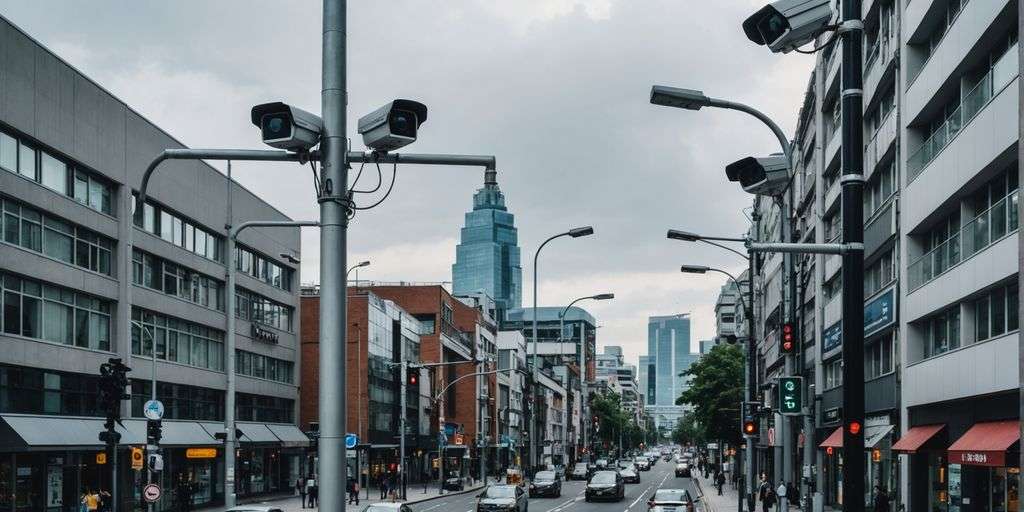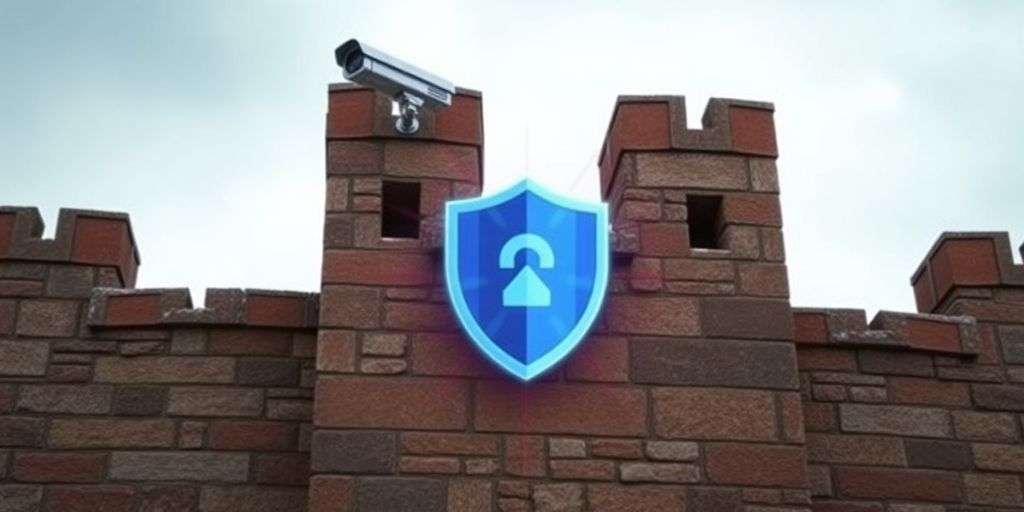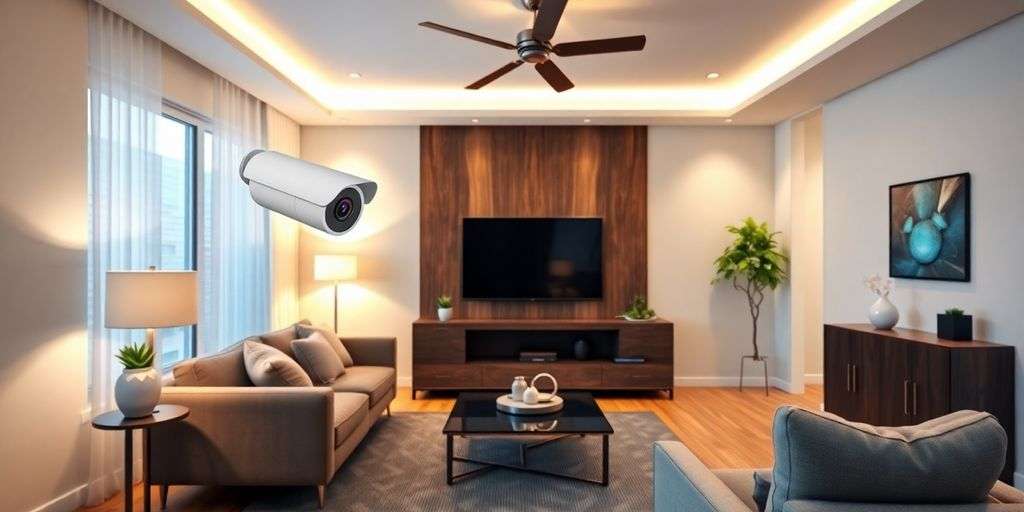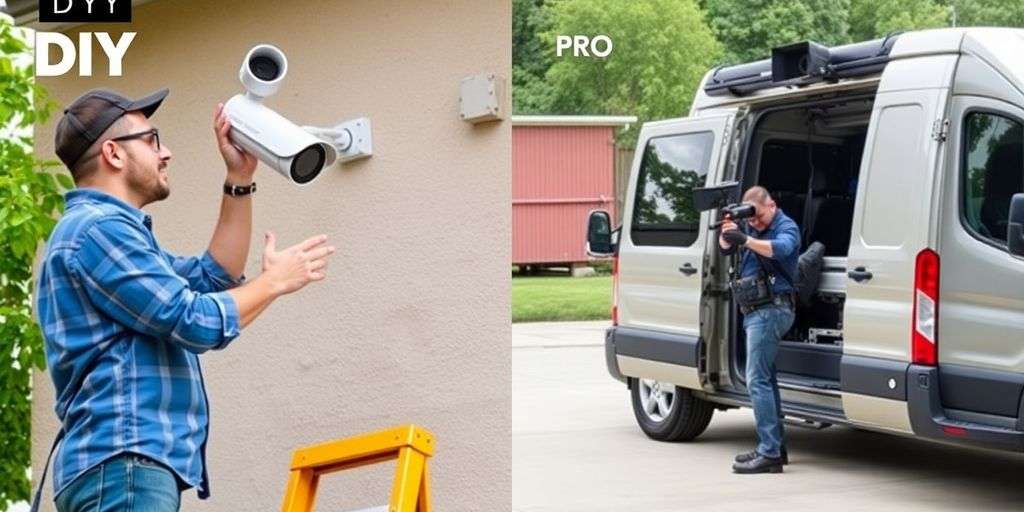Key Legal Requirements for CCTV Usage

Understanding the Data Protection Act
The Data Protection Act 2018 is a crucial piece of legislation that governs the use of CCTV systems in the UK. It ensures that personal data is handled with care and respect. CCTV operators must comply with this act to avoid legal repercussions. This includes obtaining consent from individuals when necessary and ensuring that the data collected is used for legitimate purposes only.
Importance of Signage and Notification
It is a legal requirement to display clear and visible signs informing people that they are being recorded by a CCTV system. These signs should include the purpose of the CCTV system and the contact details of the person or organisation responsible. This transparency allows individuals to exercise their right to information and access the footage if needed.
Storing and Accessing CCTV Footage
Proper storage and access protocols are essential for maintaining the integrity and security of CCTV footage. Footage should be stored securely and not retained for longer than necessary, typically up to 31 days. Only authorised personnel should have access to the footage, and individuals have the right to request access to any footage in which they appear. This ensures that the data is handled responsibly and in compliance with the law.
Ensuring compliance with CCTV laws not only protects individuals’ privacy but also helps in maintaining trust and transparency in surveillance practises.
Balancing Security and Privacy
Legitimate Purposes for CCTV Installation
When installing CCTV systems, it’s crucial to ensure they serve a legitimate purpose. This means using cameras for reasons like crime prevention, public safety, or protecting property. It’s important to avoid placing cameras in areas where people expect privacy, such as bathrooms or changing rooms.
Avoiding Invasion of Privacy
To respect individual privacy, CCTV operators must follow strict guidelines. This includes limiting the collection of personal data to what is necessary and ensuring that cameras are not used to monitor private activities. Transparency is key, so always inform people when they are being recorded.
Handling Neighbourly Disputes
CCTV can sometimes lead to disputes between neighbours, especially if cameras capture footage beyond the intended area. To handle these situations, it’s best to have clear communication and, if needed, seek mediation. Ensuring cameras are positioned correctly can help prevent these issues from arising.
Balancing security needs with privacy rights is essential for maintaining public trust and ensuring the ethical use of CCTV systems.
Best Practises for CCTV Implementation
Implementing a CCTV system requires careful planning and adherence to best practises to ensure both security and privacy. Here are some key guidelines to follow:
Choosing Appropriate Locations for Cameras
Positioning your cameras wisely is crucial. Ensure they are aimed at your own property and avoid capturing areas like your neighbours’ gardens or public streets. This helps maintain a balance between security and privacy.
Ensuring Data Security
Storing and handling footage securely is essential. Make sure to delete footage when it’s no longer needed and follow proper data protection protocols. This is not just a nice-to-have but a crucial aspect of CCTV usage.
Regular Audits and Compliance Checks
Conducting regular audits and compliance checks ensures that your CCTV system operates within legal boundaries. This includes reviewing footage handling procedures and ensuring transparency in operations.
By adhering to these best practises, you can enjoy enhanced security while maintaining a relationship of trust and respect with your neighbours.
Rights and Responsibilities of CCTV Operators
Obtaining Consent and Informing Individuals
CCTV operators must ensure they have the proper consent from individuals being recorded. This involves clearly informing people about the presence of cameras and the purpose of the surveillance. Transparency is key to maintaining trust and compliance with legal standards. Operators should use visible signage to alert individuals that they are under surveillance, ensuring that the information is easily accessible and understandable.
Responding to Subject Access Requests
Individuals have the right to request access to footage that includes them. Operators must have a process in place to handle these requests efficiently. This includes verifying the identity of the requester and providing the footage within a reasonable timeframe. It’s important to balance the individual’s right to access their data with the need to protect the privacy of others who may also appear in the footage.
Legal Consequences of Non-Compliance
Failing to comply with CCTV regulations can lead to serious legal consequences. Operators may face fines, legal action, or other penalties if they do not adhere to the laws governing surveillance. It’s crucial to stay updated on the latest regulations and ensure that all practises are in line with legal requirements. Regular audits and compliance checks can help in identifying and rectifying any issues before they lead to significant problems.
CCTV operators play a vital role in ensuring the security and privacy of individuals. By adhering to legal requirements and maintaining transparency, they can build trust and avoid potential legal issues.
Conclusion
In wrapping up, understanding CCTV laws and regulations is crucial for anyone using these systems. It’s all about balancing safety and privacy. By following the rules, like putting up clear signs and storing footage securely, you can respect people’s privacy while keeping your property safe. Remember, being open about your CCTV use and knowing the legal requirements can help you avoid problems and build trust with those around you. Stay informed and always consider both security and privacy in your CCTV practises.
Frequently Asked Questions
Do I need to put up signs if I have CCTV?
Yes, in the UK, it’s a legal requirement to display clear signs informing people that they are being recorded by CCTV. These signs should also mention the purpose of the CCTV and provide contact details of the person or organisation responsible.
Can someone record me on CCTV without my permission?
Under UK law, specifically the Data Protection Act 2018 and the GDPR, individuals have a right to privacy. Generally, permission is required to record someone, but there are exceptions, such as for crime prevention or public safety.
Is it illegal to record audio on CCTV?
Recording audio with CCTV is generally not recommended due to privacy concerns and potential eavesdropping issues. It’s important to comply with UK laws, including the Protection of Freedoms Act 2012, to avoid legal problems.





